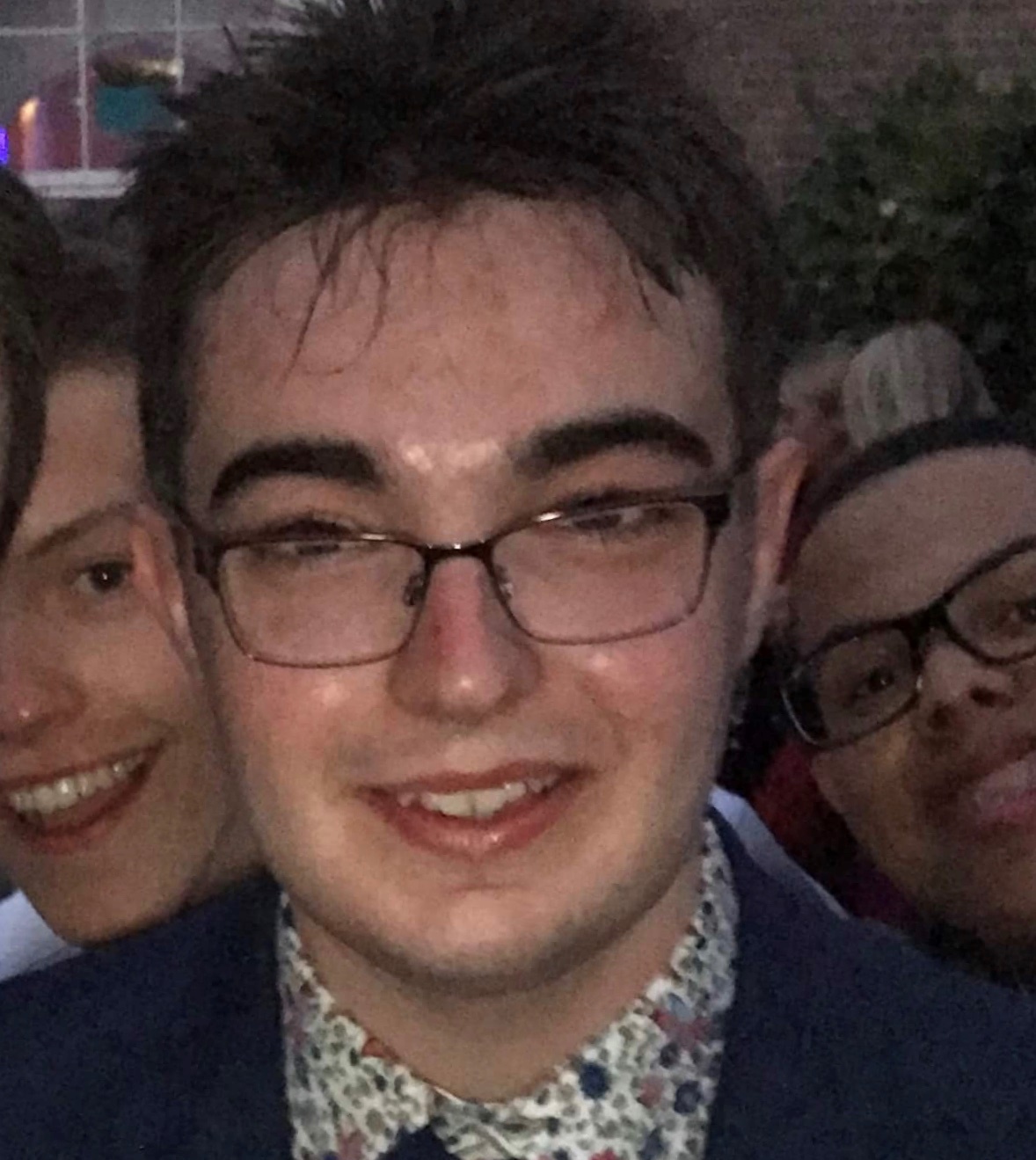Jamie is a 2nd year undergraduate at LSE. He has shared his experience of his first year at LSE and offers advice to new students.

Before coming to LSE, I knew this was an opportunity of a lifetime to study at an institution like the LSE but obviously one I was very nervous about. Coming from a small town to study in London at the age of eighteen is daunting enough for most people, let alone for those like me that have Aspergers. However, I knew about the challenges I would have such as meeting new groups of people, the independence that is required at university and the different pace of living in London. These challenges are bound to make you nervous (as they greatly did for myself) but the support is there for these challenges to be overcome and for you to enjoy your time at university.
From the very start I felt that the Disability and Welfare Service at LSE provided me with excellent support that eased my fears. I was assigned an advisor who I met with at the start of the year and the support that I would need during my time at LSE was put in place; for me that took the form of exam adjustments to help alleviate the impact dyspraxia has on my examinations and to meet with a member of staff from the National Autistic Society (NAS) to discuss any problems I was facing. Meeting with a member of staff from the NAS was an incredible help to me as I could talk about anything that was bothering me whether those be social problems, problems with study or just daily living. This not only helped me by talking about such problems, but also helped in finding solutions for any problems.
What I’ve found since coming to LSE is that despite the characteristics of the university meaning you probably spend more time independently than other universities everybody still wants to ensure you have a great time at university and everybody wants you to do well. My worry was about making friends and it has been difficult to find people with the same interests as me; however because you are entering an environment where there are few pre-existing networks of friends then people are really keen to talk to you. Everybody is looking for someone to talk to, so even a simple ‘hello’ and ‘how was your day’ can go a long way towards developing friendships and people to talk to on a more permanent basis.
I was also worried when I came to university that should I have any problems with my work then the teachers or academics would be out of reach for any help. That is not the case and I think it’s a common misconception that academics just come to give lectures and then you don’t see them again. I have found that actually class teachers and academics are extremely keen to help For example, I have visited my class teachers to receive feedback on essays and just to ask general questions. I imagined this to be a daunting experience and it was at first, but I have realized that despite all the qualifications these people have they are just human and they want to help you.
There are still challenges I face at LSE going into my second year but they provide exciting opportunities. In my first year, perhaps understandably I was very set in my routine and did not really do anything away from my routine. This perhaps narrowed down who I would interact with socially which is definitely not a bad thing, but next year I would like to perhaps go to different societies and speak to different people. This year I also want to study a language as an outside option; last year I wanted to but I felt very apprehensive about doing it whilst doing my History degree. However, this year I feel more confident that I can manage taking that step. As well as that, there is also the pressure of trying to improve my work. In my first year I got a high 2:1, which I’m obviously extremely proud of but for the upcoming year I want to try my best to do better,
So if I was to give advice to incoming university students I would say to appreciate that it will take time for you to feel comfortable. Nobody will feel comfortable straight away with the independence of university life and the difference of living in London, so just take it step by step. As well as this, it is crucial to remember the people around you who want to help you and to use their help when you are in need of it. Whether that be friends, academic staff, staff from the Disability and Welfare Service or external support. There will be challenges but these people are there to help and want you to do well. My third piece of advice is to be positive. I still can’t believe I get to be in London on a daily basis and get to go an excellent higher education institution. There’s also so much to do in London and remember you’ve done so well to get into the LSE. I know at times it is difficult to think this but it really helps when you face challenges.


 Back
Back